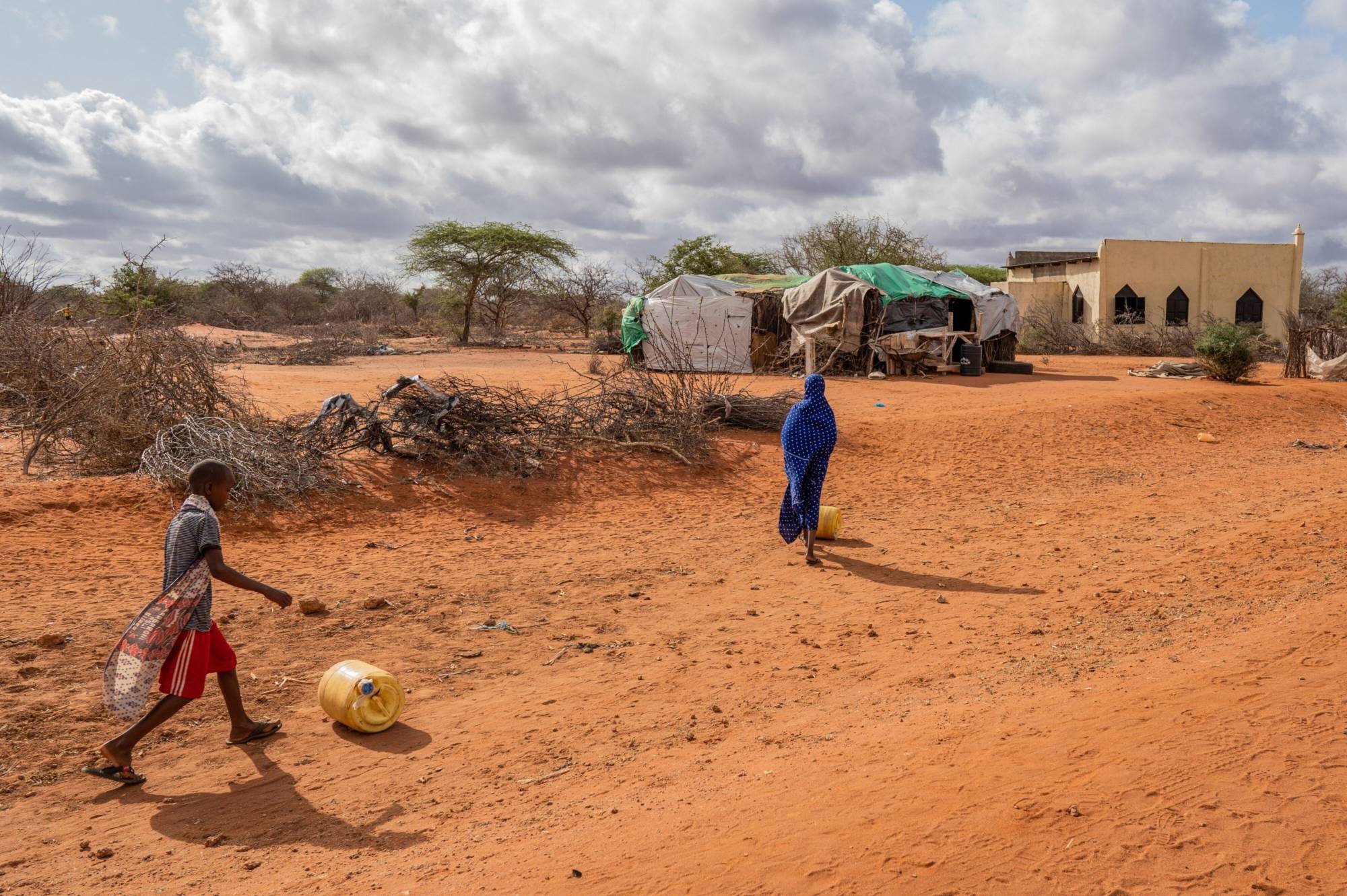When a water pan was built in a grazing reserve in northern Kenya in the 1980s, the central government hailed the project — which it had funded — as a vital solution to tackle water scarcity and ultimately improve the lives of local pastoralists.
But there was a problem. The pan — a small reservoir to collect and store rainwater — had been commissioned by officials in Nairobi without any input from local representatives or dialogue with affected communities in Isiolo county.
So rather than ease water woes and the impact of droughts, the new pan disrupted the traditional land use management system of the Borana tribe in the Yamicha area and led to conflict with herders from other ethnic groups, residents and activists said.
















With your current subscription plan you can comment on stories. However, before writing your first comment, please create a display name in the Profile section of your subscriber account page.